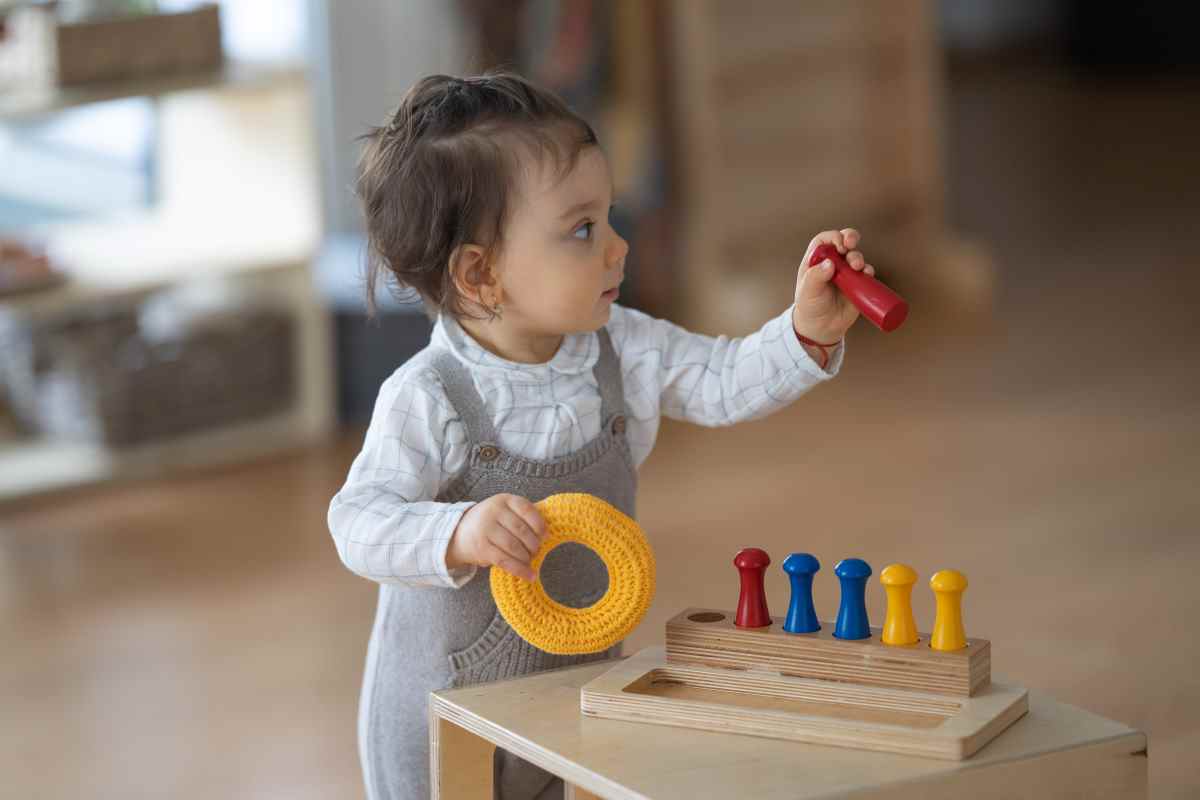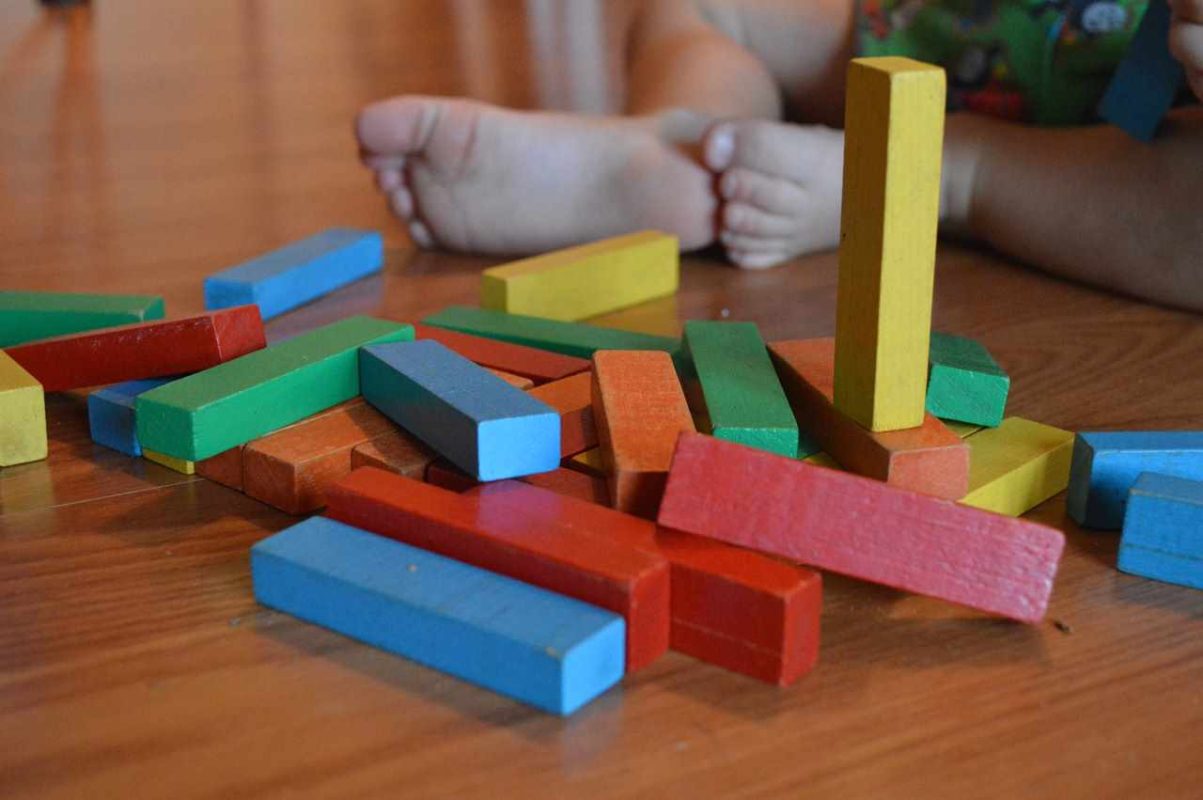Montessori education
Unlocking Potential: What is a Montessori School and Its Impact?
Table of Contents
I. Introduction
A Montessori school is a unique type of Montessori education based on the research and philosophy of Dr. Maria Montessori. Montessori created her innovative Montessori method of education in the early 1900s, and today there are over 22,000 Montessori schools worldwide across over 100 countries.^[1]
Montessori education focuses on nurturing a child’s natural interests and unlocking their fullest potential. The core principles include student-led learning, hands-on activities, collaborative work, and respect for each child’s unique development.
Understanding the Montessori philosophy and approach can help parents make informed decisions about Montessori school options for their children. This article will provide an in-depth look at Montessori schools – their origins, methodology, benefits, considerations, and how to choose one.
II. The Montessori Method
The Montessori method is founded on Dr. Maria Montessori’s scientific observations of children’s development. After earning a degree in medicine, she began working with intellectually disabled children, discovering their immense capacity for learning given the right environment.^[2]
A. Principles of the Montessori Method
There are several key principles that comprise the Montessori philosophy:
1. Student-Led Learning
Rather than following a predetermined curriculum, Montessori students have freedom to choose activities that interest them within a thoughtfully prepared environment. This fosters active, self-directed learning.
2. Experiential Education
Montessori emphasizes concrete, hands-on materials that engage multiple senses. Students learn by doing activities, experiments, and real-world exercises.
3. Holistic Approach
Montessori addresses the whole child – their intellectual, physical, emotional, and social development. The multi-age classrooms promote peer collaboration.
B. How Montessori Differs from Traditional Education
There are a few ways the Montessori method diverges from conventional schooling:
1. Embracing Embodied Education
The use of tactile materials and movement makes abstract concepts concrete. Students gain understanding through experience and embodiment, rather than just intellectualizing concepts.
2. Stimulating a Child’s Natural Creativity
Rather than giving fixed instructions, Montessori allows students to approach work creatively. Children follow their innate curiosity and problem-solving abilities.
3. Encouraging Independence
Montessori classrooms are specially designed to foster independence. Students choose their own work and take responsibility for completing it from start to finish.

III. Goals and Benefits of Montessori Education
The Montessori method nurtures abilities that go beyond academic rigor. Some of the key benefits of Montessori include:
A. Encouraging Natural Abilities
The student-directed approach allows children to build confidence and identify areas of interest. Their unique talents and gifts emerge organically.
B. Development of a Solid Foundation
Starting Montessori early cultivates foundational skills like concentration, coordination, and self-discipline – key for later learning.
C. Benefits of Hands-On, Independent Learning
The tactile materials and freedom of choice result in deeper engagement and knowledge retention. Students learn how to teach themselves.
D. Impact on Academic and Nonacademic Gains
Numerous studies show Montessori students excel in both academic performance and social-emotional qualities like creativity, leadership, and time management.^[3]
IV. Montessori School Pros and Cons
While Montessori offers significant advantages, there are also some aspects for parents to consider:
A. Advantages of Montessori Education
1. Emphasis on Hands-On Learning
The tactile, interactive materials appeal to all learning styles and provide a concrete foundation.
2. Enhanced Social Interaction
The multi-age classrooms promote leadership, mentoring, and conflict resolution skills.
3. Fostering Independence
The independence nurtured in Montessori kids results in strong self-motivation and responsibility.
B. Potential Challenges and Criticisms
1. Limited Standardized Testing
Montessori does not use academic testing or grades. This can cause issues transitioning to a traditional system.
2. Adaptation to Traditional School Systems
The student-led Montessori style can require adjustment for children moving into more teacher-directed settings.
3. Parental Involvement
Montessori requires less parent participation, which can be a pro or con depending on the family.
V. Montessori Curriculum
The Montessori curriculum uses an interdisciplinary approach across subject areas. Key aspects include:
A. Overview of Montessori Curriculum Components
- Practical life skills – activities like sweeping, sewing, food preparation
- Sensorial – materials for exploring concepts like size, shape, color, texture
- Mathematics – hands-on materials for numbers, operations, fractions
- Language – phonics, vocabulary, reading comprehension, writing, grammar
- Cultural studies – geography, history, botany, zoology, arts
B. Incorporating Real-World Skills
Activities draw from real-life situations to develop independence – constructing towers teaches engineering, baking teaches chemistry.
C. How the Curriculum Fosters Lifelong Learning
The Montessori materials spark curiosity and instill habits like focus and persistence. This passion for learning carries through life.

A Montessori classroom contains hands-on materials in areas like Montessori practical life, Montessori sensorial, math, and language. Students choose activities based on their interests.|
VI. Finding the Right Montessori School
When considering Montessori schools, here are key factors:
A. Factors to Consider in Choosing a Montessori School
1. Accreditation and Certification
Look for schools accredited by AMI, AMS, or MACTE and teachers with Montessori training.
2. Philosophy Alignment
Ensure the school’s values and approach align with Montessori principles.
3. Learning Environment
Visit to get a feel for the classroom culture and prepared environment.
B. Tips for Parents in the Decision-Making Process
1. Visiting Schools
Set up tours and classroom observations at each prospective school.
2. Understanding School Practices
Ask about student evaluations, discipline policies, intervention services, and transitions.
3. Talking to Current Parents
Get insider perspective by speaking with parents of enrolled students.
VII. Montessori Schools Near Me
One of the first steps is identifying Montessori schools near me:
A. Importance of Locating Nearby Montessori Schools
Attending a Montessori school close to home makes logistics like transportation easier. It also fosters community.
B. Exploring Local Options
- Bright Horizons Montessori – Offers infant through elementary programs. Located at 123 Main St.
- Children’s House Montessori – Established school with toddler, primary and middle school classes. Found at 456 Oak Rd.
- Park Montessori – Newer school focused on grace, courtesy and respect. Situated at 789 Elm Ave.
C. Considering Practical Aspects like Commute
Calculate the drive time to each school during rush hour. Arrange to carpool with neighborhood families.

VIII. Conclusion
A. Recap of Montessori Education
Montessori is a student-driven method focused on fostering independence and natural abilities through tactile learning.
B. Encouragement for Exploring Montessori Schools
Consider visiting local Montessori schools to get a sense of their philosophy and approach in action.
FAQs
What is the Montessori method of education?
The Montessori method is a child-centered approach based on supporting a child’s natural development and instilling a lifelong love of learning. Key principles include student-directed learning, hands-on activities, multi-age classrooms, and respect for each child’s unique learning style.
How does a Montessori school differ from traditional schools?
Montessori schools offer more freedom of movement, choice in activities, mixed-age classrooms, and hands-on materials. The role of the teacher is to guide rather than directly instruct. Montessori focuses on fostering independence, self-motivation and non-cognitive skills.
What are the benefits of Montessori education?
Benefits include increased creativity, confidence, focus, and problem-solving abilities. Montessori students often excel academically as well as socially and emotionally. The hands-on method suits different learning styles.
Is Montessori education suitable for all ages?
Montessori can be adapted for children from infancy through high school. Programs are structured into multi-year learning levels: infant/toddler, early childhood, lower elementary, upper elementary, and adolescent.
How do Montessori schools encourage independent learning?
Montessori classrooms allow students freedom of movement and choice. Having longer work periods enables children to direct their own learning. Activities build concentration, coordination, and executive functioning to become self-motivated learners.
References
https://www.linkedin.com/pulse/unlocking-potential-montessori-method-21st-century-education-gale
https://tcf.org/content/commentary/unlocking-potential-expanding-public-montessori-as-a-path-to-equitable-education/
https://www.buildinggreenblocks.org/post/montessori-method-early-childhood-benefits
https://www.lakewoodmontessori.org/2023/12/26/unlocking-the-power-of-montessori-play/
https://www.pepperpot-nursery.co.uk/unlocking-potential-the-montessori-nursery-experience/

